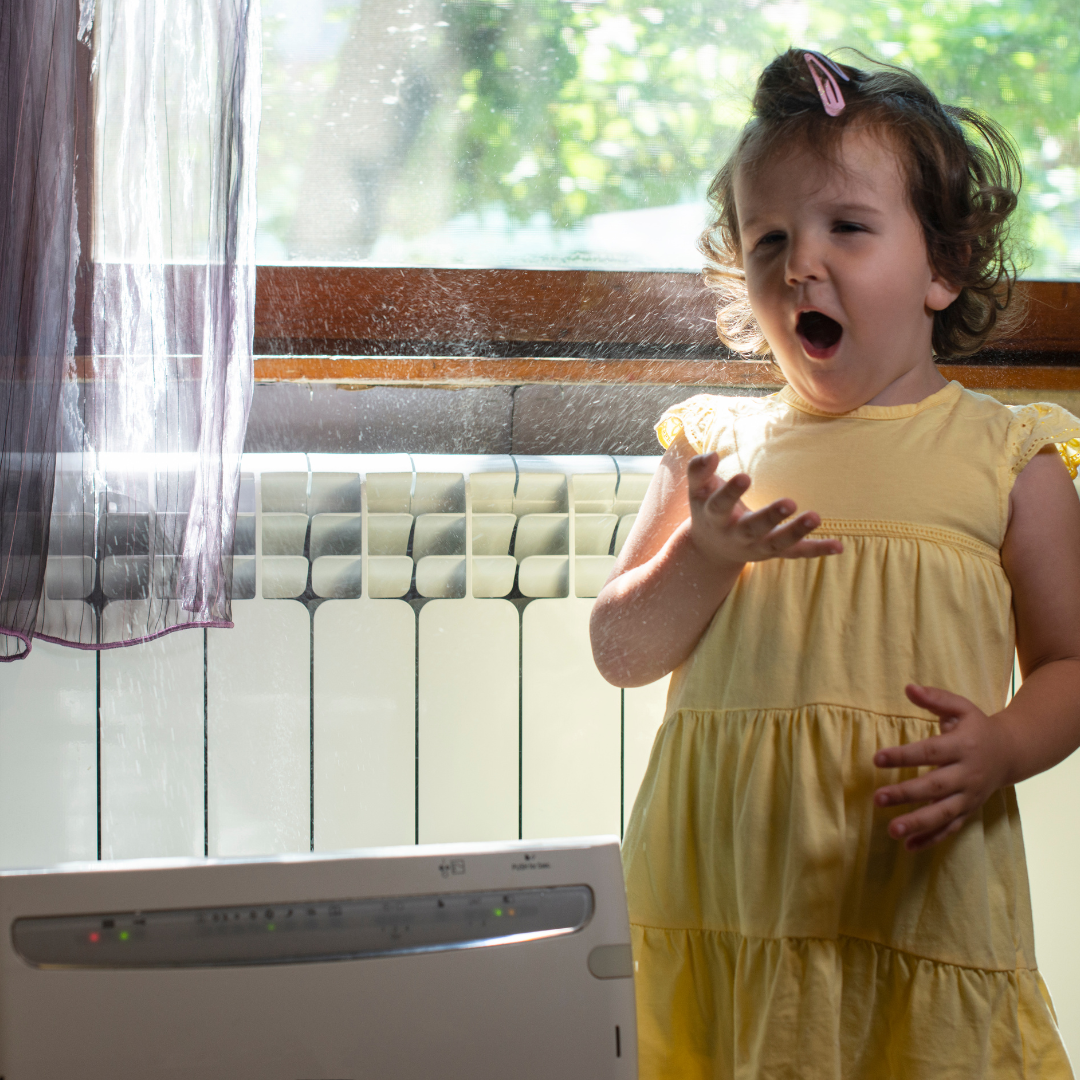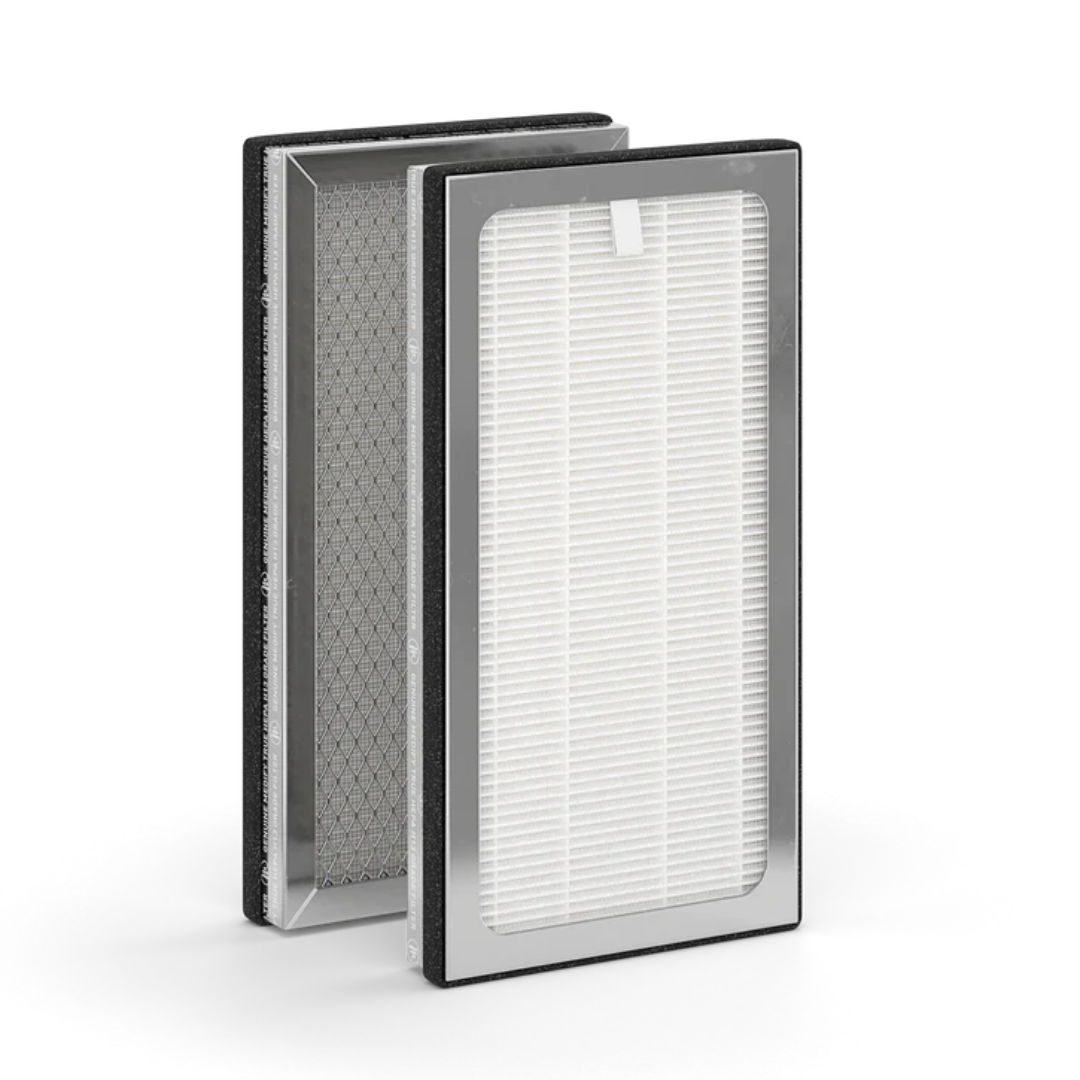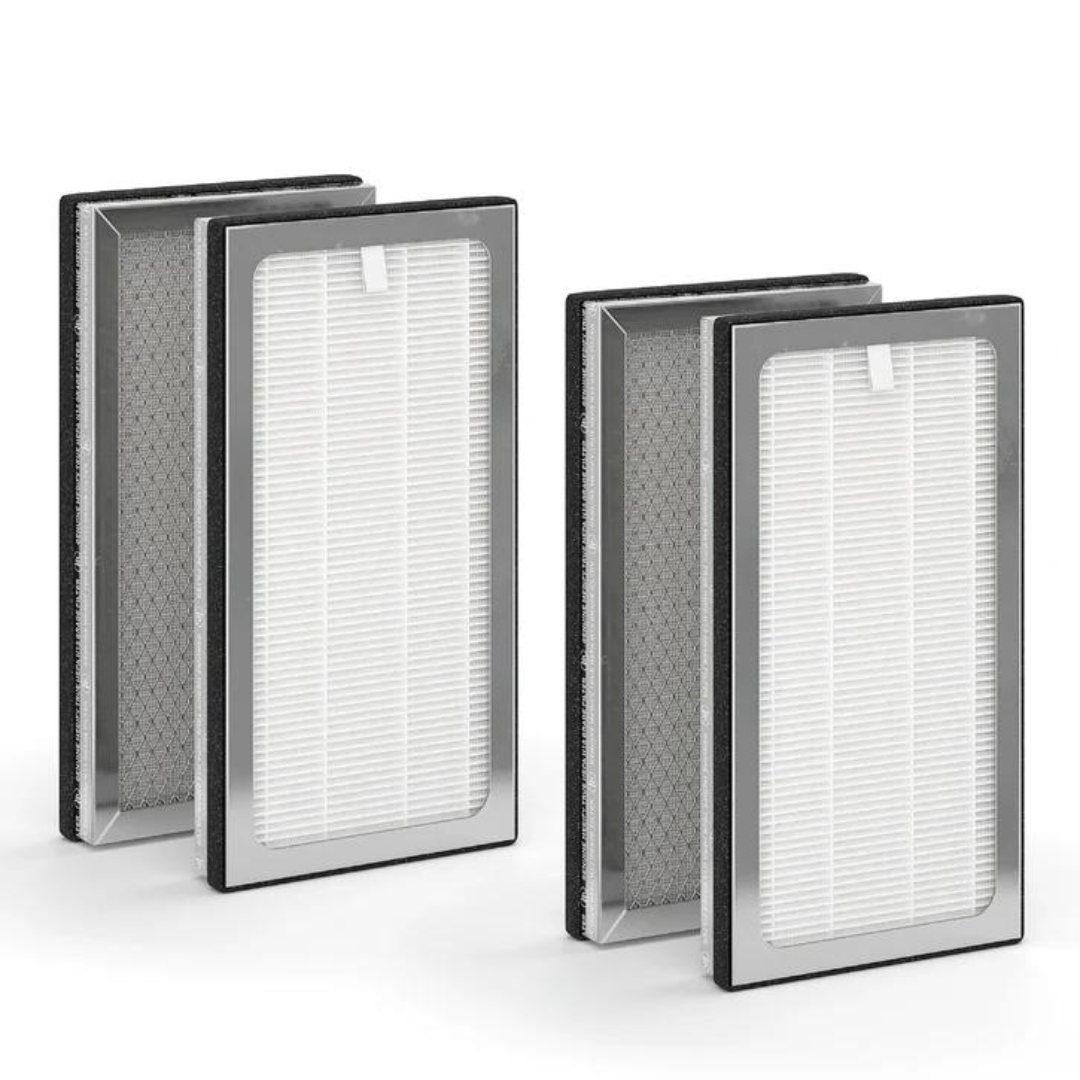Many are familiar with common allergy symptoms such as watery eyes and nasal congestion. However, a less recognized factor is how lack of sleep can exacerbate these allergic reactions. Poor sleep can influence your body’s response to allergens, leading to intensified symptoms. Understanding this connection can help in managing both sleep and allergy health more effectively.
Effects of Losing Sleep on Allergies
Inadequate sleep has been shown to have a detrimental effect on allergy symptoms. Research published in the journal Allergy, Asthma, and Immunology highlights a correlation between poor sleep and increased allergic sensitivity. When sleep is compromised, the body’s immune system becomes less effective and more reactive to allergens.
Key effects of poor sleep on allergies include:
- Increased Histamine Production: Lack of sleep leads to higher histamine levels in the body, which are responsible for many allergic symptoms like itchiness, swelling, and a runny nose.
- Heightened Inflammation: Insufficient rest exacerbates inflammation, making allergy symptoms like nasal congestion and watery eyes worse.
- Reduced Immune Function: Poor quality sleep impairs immune system function, causing it to overreact to allergens and resulting in more severe allergic responses.
Managing Your Sleep and Allergies
Creating a conducive sleep environment is crucial for managing both sleep quality and allergy symptoms. Here are effective strategies to ensure a restful night:
- Optimize Bedroom Environment: Use tightly woven fabric sheets and pillowcases to prevent dust mites from penetrating. Avoid heavy curtains and upholstered furniture that can trap allergens.
- Control Pollen Exposure: Keep windows closed during high pollen seasons and shower before bed to remove pollen from your skin and clothing.
- Utilize Air Purifiers: Invest in a high-quality air purifier to filter out allergens such as dust mites, pet dander, and mold spores. Models with HEPA filters, like the Medify MA-14, MA-15, MA-25, and MA-40, are particularly effective in improving indoor air quality.
Air Purifier Tips:
- Room Size: Choose an air purifier that matches the size of your room for optimal effectiveness.
- Filter Types: HEPA filters capture the smallest airborne particles, while activated carbon filters can help with odors and VOCs.
- Maintenance Costs: Consider the long-term costs of filter replacements and maintenance when selecting an air purifier.
Frequently Asked Questions: Can Lack of Sleep Make Allergies Worse?
Do Allergies Get Worse with Lack of Sleep?
Yes, lack of sleep can worsen allergy symptoms. Insufficient rest impairs the immune system, leading to an increased release of histamines and heightened allergic reactions.
Are Allergies Affected by Sleep?
Yes, sleep quality directly impacts allergies. Allergens can trigger symptoms such as sneezing and congestion, which may be aggravated by poor sleep. To mitigate these effects, maintain clean indoor air and use effective air purifiers.
Can a Lack of Sleep Trigger Allergic Rhinitis?
Yes, inadequate sleep can trigger allergic rhinitis. Studies indicate that sleep deprivation increases susceptibility to allergens and worsens nasal inflammation, making it important to maintain good sleep hygiene.
Can Sleep Reduce Allergies?
Yes, adequate sleep can help reduce allergy symptoms. Quality rest supports immune function and reduces inflammation, which helps in managing and alleviating allergic reactions.
By understanding the impact of sleep on allergies and taking steps to improve both, you can better manage your symptoms and enhance overall well-being. For a comprehensive solution, consider integrating effective air purification with healthy sleep practices.



